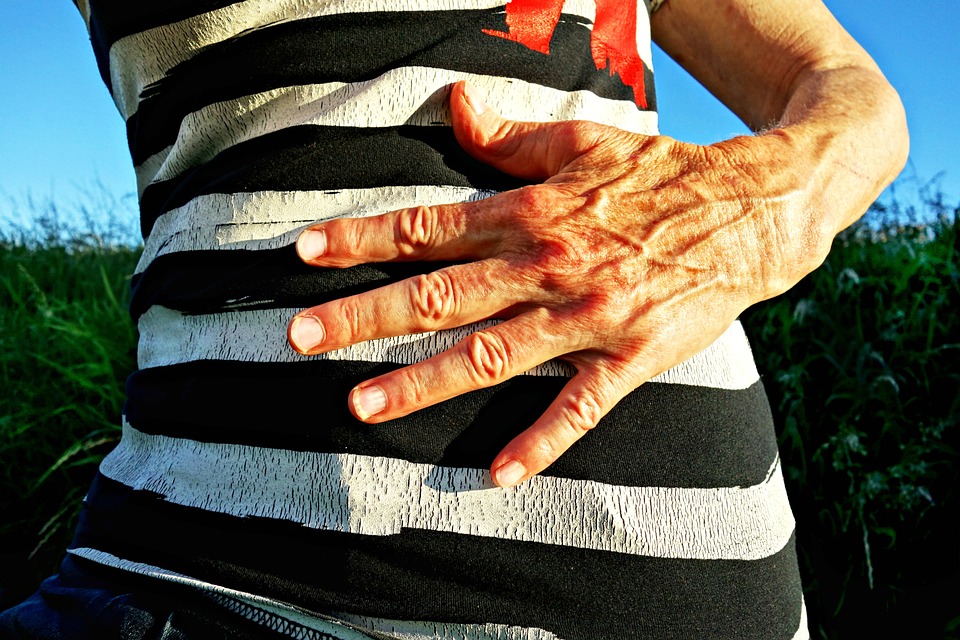Stomach cancer is one of the leading types of cancer today, and because there is no cure yet, spotting symptoms very early on is imperative. One of the symptoms can occur through other conditions, such as acid reflux or heartburn.
Also known as gastric cancer, this type of cancer affects the lining of the stomach. It is also the type of cancer that is hard to diagnose, which is why it is important to know what the symptoms are, but it usually means that the cancer has spread to other parts of the body. Express reports that a persisting heartburn or acid reflux may be an indicator of the disease.
Other possible indicators of stomach cancer include indigestion, bloating, diarrhea, or constipation. This would be because the cancer may be taking a toll on the digestive system, which could affect bowel movement. However, because they are symptoms and can more than likely overlap with other conditions or simply be what they are, experts advise seeing a doctor for a proper diagnosis. The doctor may arrange for testing in case they are not able to pinpoint the causes of these conditions.
Previously, Express also reported that a possible symptom of stomach cancer may also be found in what you flush down the toilet. If the stool is of a very dark, almost-black color, then it could be a warning sign of the disease. Blood in the stool is also an indicator of the disease as well.
However, Cancer Research UK points out that taking iron tablets can turn stools into a dark color as well. This also adds to the fact that the medication a person is taking may cause stools to change color. Food can also be a culprit to the unusual color that stools may have. Some foods, like beets, may give stools an alarming dark, an almost reddish hue that looks similar to blood. Green, leafy vegetables may turn stools green as well while blueberries can give stools a blueish tinge.
While stomach cancer cannot be completely cured, the only way to prevent it from developing is by reducing the risk. Maintaining a healthy weight, quitting habits like smoking and heavy drinking, as well as getting a good amount of exercise can help.



 California Jury Awards $40 Million in Johnson & Johnson Talc Cancer Lawsuit
California Jury Awards $40 Million in Johnson & Johnson Talc Cancer Lawsuit  Novo Nordisk and Eli Lilly Cut Obesity Drug Prices in China, Boosting Access to Wegovy and Mounjaro
Novo Nordisk and Eli Lilly Cut Obesity Drug Prices in China, Boosting Access to Wegovy and Mounjaro  TrumpRx.gov Highlights GLP-1 Drug Discounts but Offers Limited Savings for Most Americans
TrumpRx.gov Highlights GLP-1 Drug Discounts but Offers Limited Savings for Most Americans  Sanofi to Acquire Dynavax in $2.2 Billion Deal to Strengthen Vaccine Portfolio
Sanofi to Acquire Dynavax in $2.2 Billion Deal to Strengthen Vaccine Portfolio  Viking Therapeutics Sees Growing Strategic Interest in $150 Billion Weight-Loss Drug Market
Viking Therapeutics Sees Growing Strategic Interest in $150 Billion Weight-Loss Drug Market  Sanofi Reports Positive Late-Stage Results for Amlitelimab in Eczema Treatment
Sanofi Reports Positive Late-Stage Results for Amlitelimab in Eczema Treatment  GLP-1 Weight Loss Pills Set to Reshape Food and Fast-Food Industry in 2025
GLP-1 Weight Loss Pills Set to Reshape Food and Fast-Food Industry in 2025  AstraZeneca’s LATIFY Phase III Trial of Ceralasertib Misses Primary Endpoint in Lung Cancer Study
AstraZeneca’s LATIFY Phase III Trial of Ceralasertib Misses Primary Endpoint in Lung Cancer Study  Eli Lilly and Novo Nordisk Battle for India’s Fast-Growing Obesity Drug Market
Eli Lilly and Novo Nordisk Battle for India’s Fast-Growing Obesity Drug Market  U.S. Vaccine Policy Shifts Under RFK Jr. Create Uncertainty for Pharma and Investors
U.S. Vaccine Policy Shifts Under RFK Jr. Create Uncertainty for Pharma and Investors 































